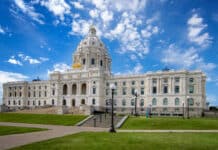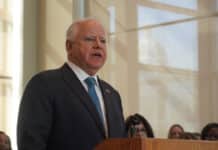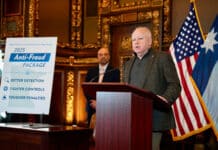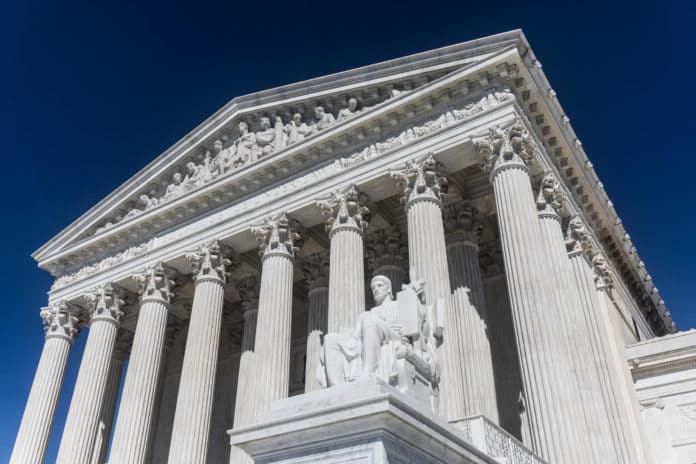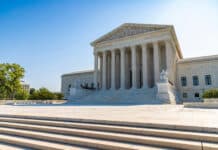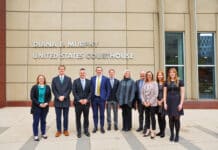(The Center Square) — A Washington state football coach was improperly fired for praying on the field after games, the U.S. Supreme Court ruled Monday, an action it said was a free speech violation.
Coach Joseph Kennedy began praying at the 50-yard line at the end of his football games in the fall of 2008, as The Center Square previously reported. Several students joined Kennedy, and the post-game prayer became a tradition until the fall of 2015, when Bremerton School District (BSD) launched an investigation into the practice after a parent complained. The school eventually fired him.
“Here, a government entity sought to punish an individual for engaging in a brief, quiet, personal religious observance doubly protected by the Free Exercise and Free Speech Clauses of the First Amendment,” Justice Neil Gorsuch wrote for the majority in the 6-3 decision. “And the only meaningful justification the government offered for its reprisal rested on a mistaken view that it had a duty to ferret out and suppress.”
Initially, the school asked the coach to stop praying, and he complied. He later asked for a religious accommodation and then prayed again after a game in October of that same year. Immediately, the school district banned Kennedy from doing any “demonstrative religious activity” that is “readily observable to … students and the attending public.”
Kennedy filed suit.
“The Court holds that both the free exercise and free speech clauses protect Kennedy’s right to pray at midfield following high school football games,” the court ruled.
Justices Sonia Sotomayor, Stephen Breyer and Elena Kagan dissented.
“Official-led prayer strikes at the core of our constitutional protections for the religious liberty of students and their parents, as embodied in both the Establishment Clause and the Free Exercise Clause of the First Amendment,” Sotomayor wrote. “The Court now charts a different path, yet again paying almost exclusive attention to the Free Exercise Clause’s protection for individual religious exercise while giving short shrift to the Establishment Clause’s prohibition on state establishment of religion.”


